Today’s featured articles
Getting and keeping the throne in the Ottoman Empire was no easy task. For a new sultan, the most foolproof method of securing power was to kill all other claimants.
The Wars of the Roses saw some of the bloodiest months in English history, but winning on the battlefield did not necessarily mean winning the war.
Nazi art never caught on, its architecture was unbuilt or destroyed, but films such as 1935’s Triumph of the Will were shot and seen by millions. Hitler was a keen believer in the power of cinema and used it to spread the ideology of his murderous regime.
Most recent
Did Charles I Have to Die?
King Charles I’s execution in 1649 turned the world upside down – were other outcomes possible?
Have We Forgotten How to Listen to Lectures?
Unlike books and podcasts, lectures hold their audience captive – in person, at least.
‘Vietdamned’ by Clive Webb review
Can Vietdamned: How the World’s Greatest Minds Put America on Trial by Clive Webb rescue Bertrand Russell and Jean-Paul Sartre’s activism from irrelevance?
James VI and I: Spinning the English Succession
Eager to be first in line, the astute James VI of Scotland responded to the question of the English succession with a war of words.
Bloody Mary and the Missing Heir
A male heir might have saved Queen Mary’s reign, and changed the shape of global Catholicism for good.
Britain’s Witnesses to Buchenwald
In April 1945 ten British politicians flew to Germany tasked with investigating the ‘truth’ about Buchenwald concentration camp.
‘The Celts: A Modern History’ by Ian Stewart review
Historians may no longer talk of a single Celtic culture, but in The Celts: A Modern History Ian Stewart crafts a unified history of a changing idea.
Brahmins: The Origins of India’s Priestly Caste
In the first millennium BC the Brahmin class organised as a community and assumed responsibility for learning the sacred Vedas. What are the origins of India’s priestly caste?
Current issue
- Image
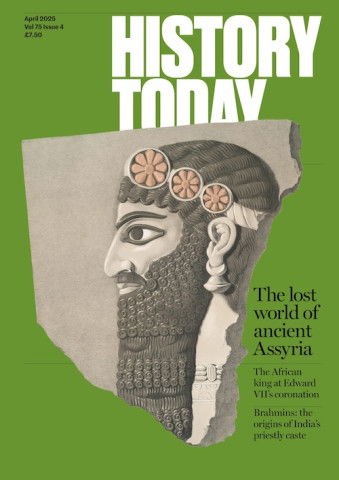
In the April issue:
The Library of Ashurbanipal, the African king at Edward VII’s coronation, the origins of India’s Brahmins, British witnesses to Buchenwald, spinning James I’s succession, and more.
Plus: reviews, opinion, crossword and much more!
You can buy this issue from our website, from newsstands across the UK, or read it as a digital edition via the History Today App.


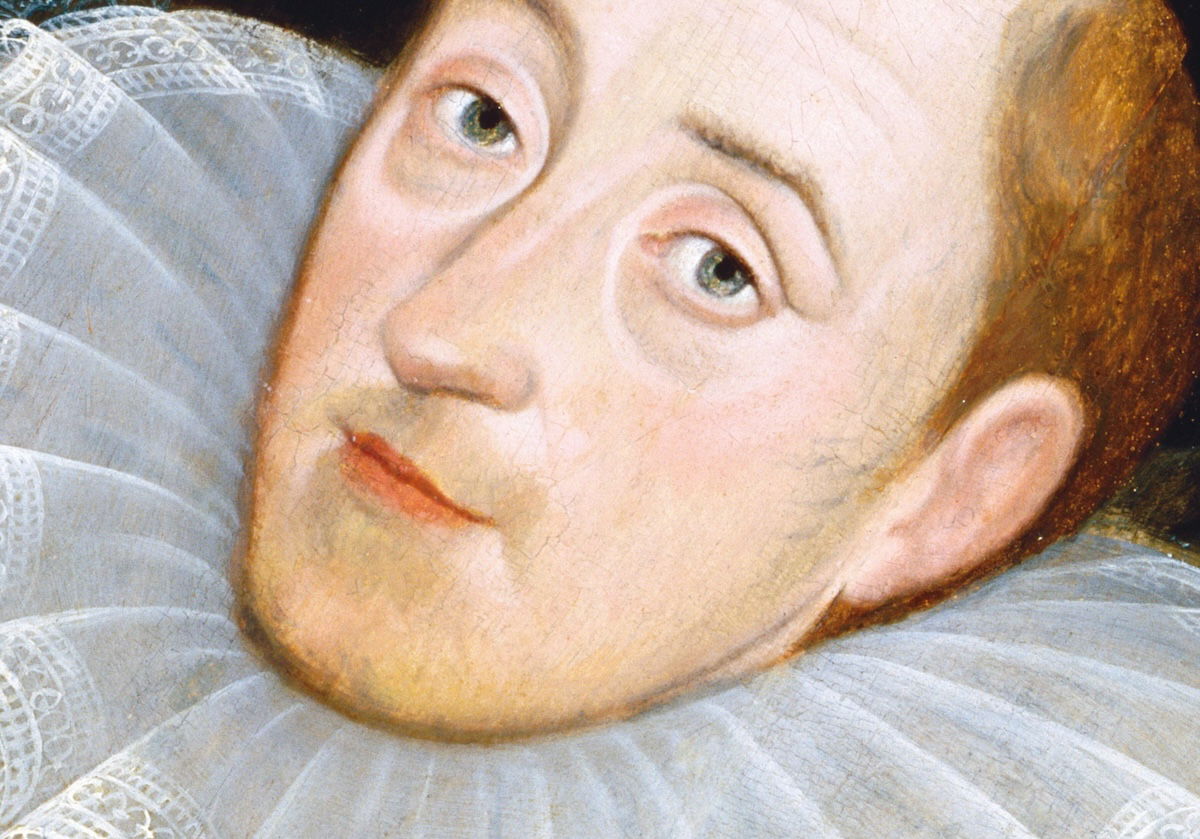

![‘Scientific Researches! New Discoveries in Pneumaticks! [sic] or an Experimental Lecture on the Powers of Air, May 23, 1802’, by James Gillray. Minneapolis Institute of Art. Public Domain.](/sites/default/files/2025-03/lecture_history_today.jpeg)
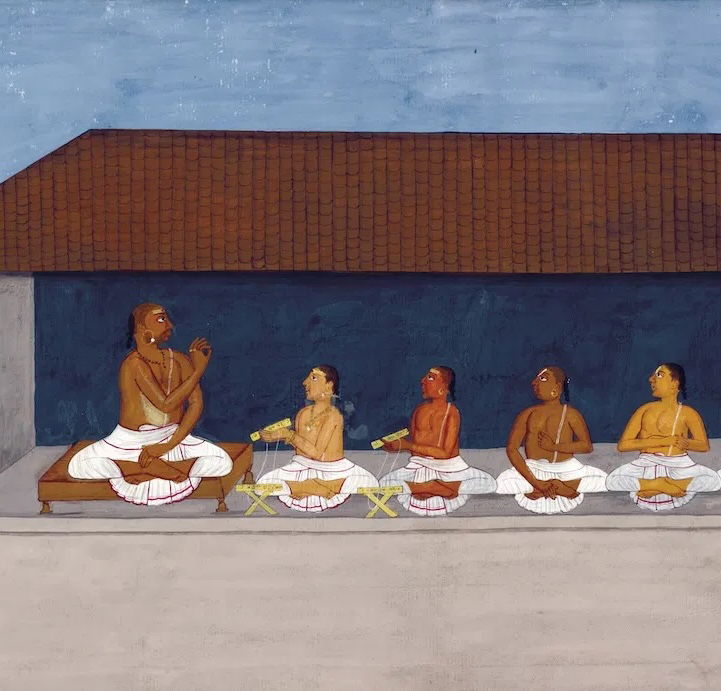
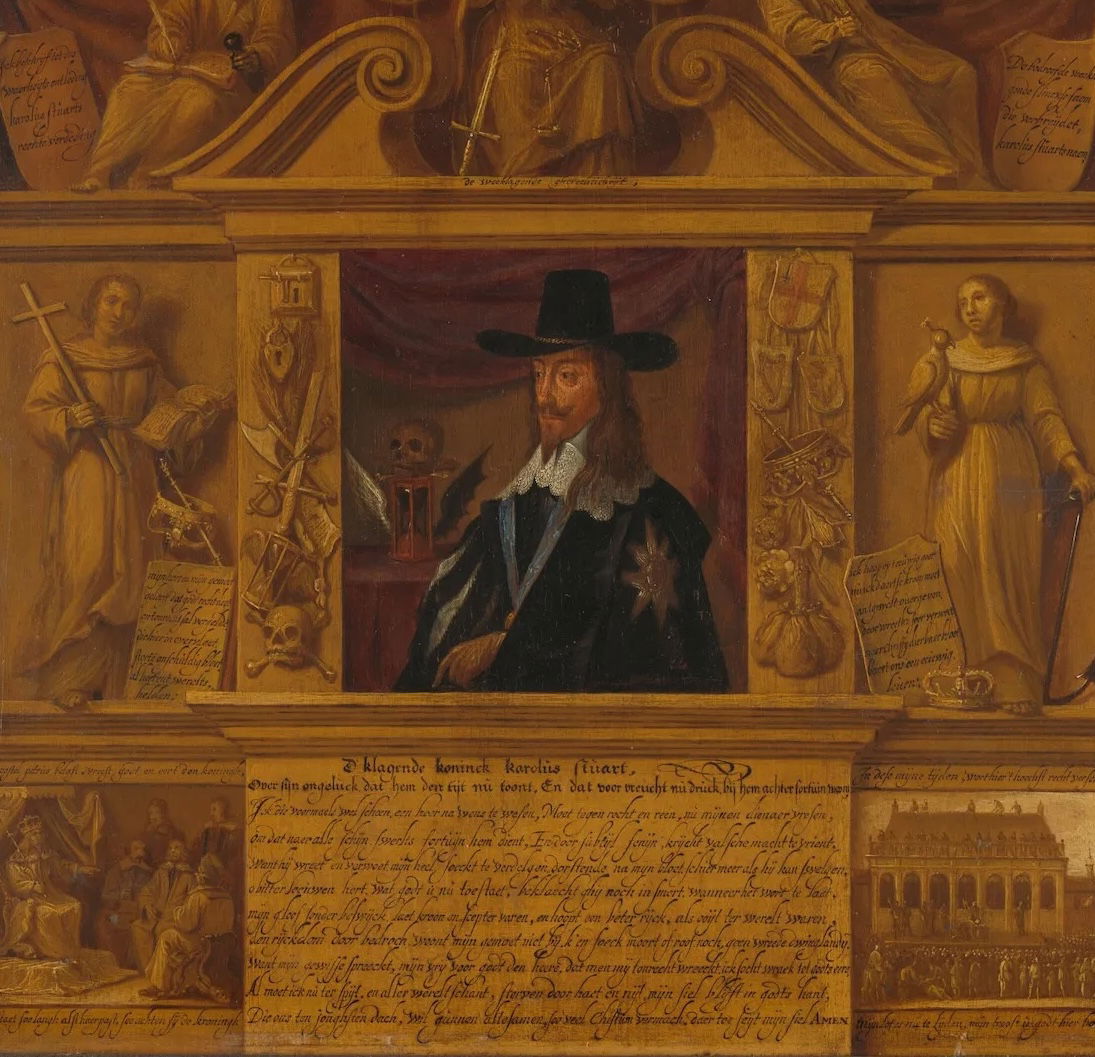
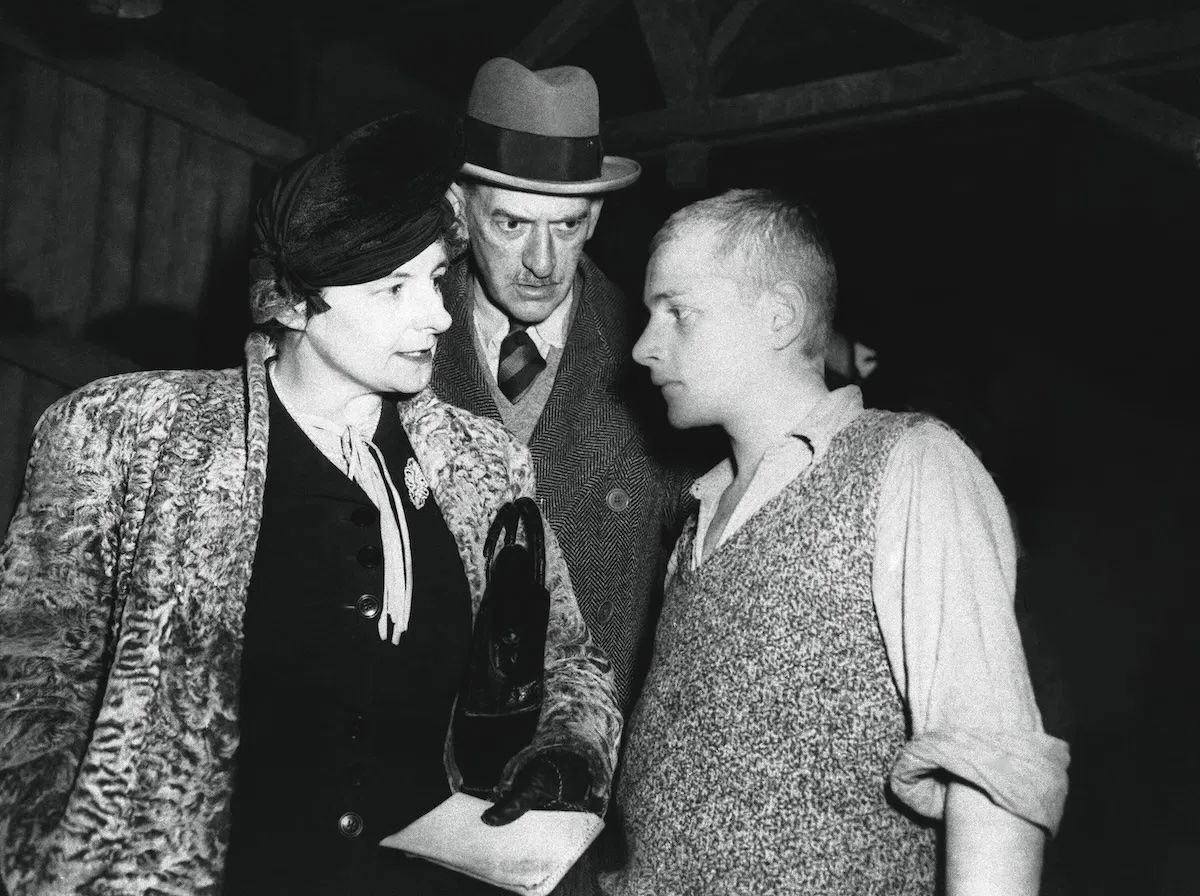




![‘Scientific Researches! New Discoveries in Pneumaticks! [sic] or an Experimental Lecture on the Powers of Air, May 23, 1802’, by James Gillray. Minneapolis Institute of Art. Public Domain.](/sites/default/files/styles/teaser_list/public/2025-03/lecture_history_today_0.jpg?itok=mHN_obPV)





